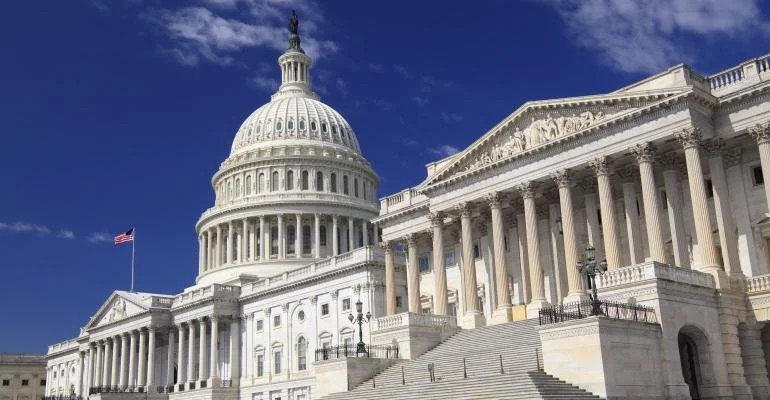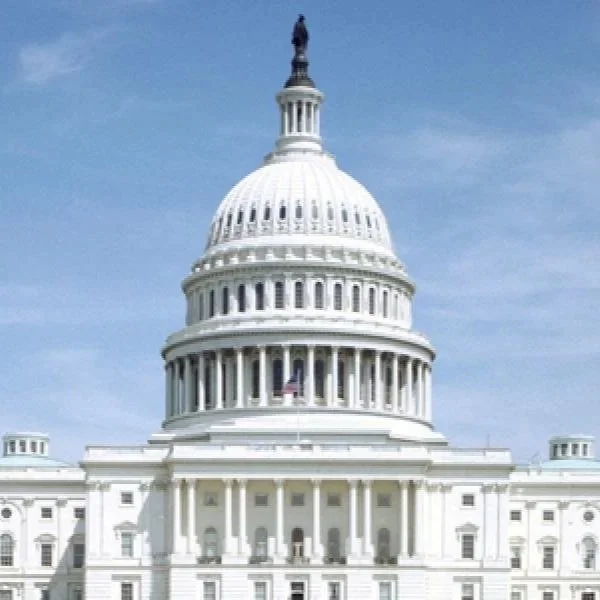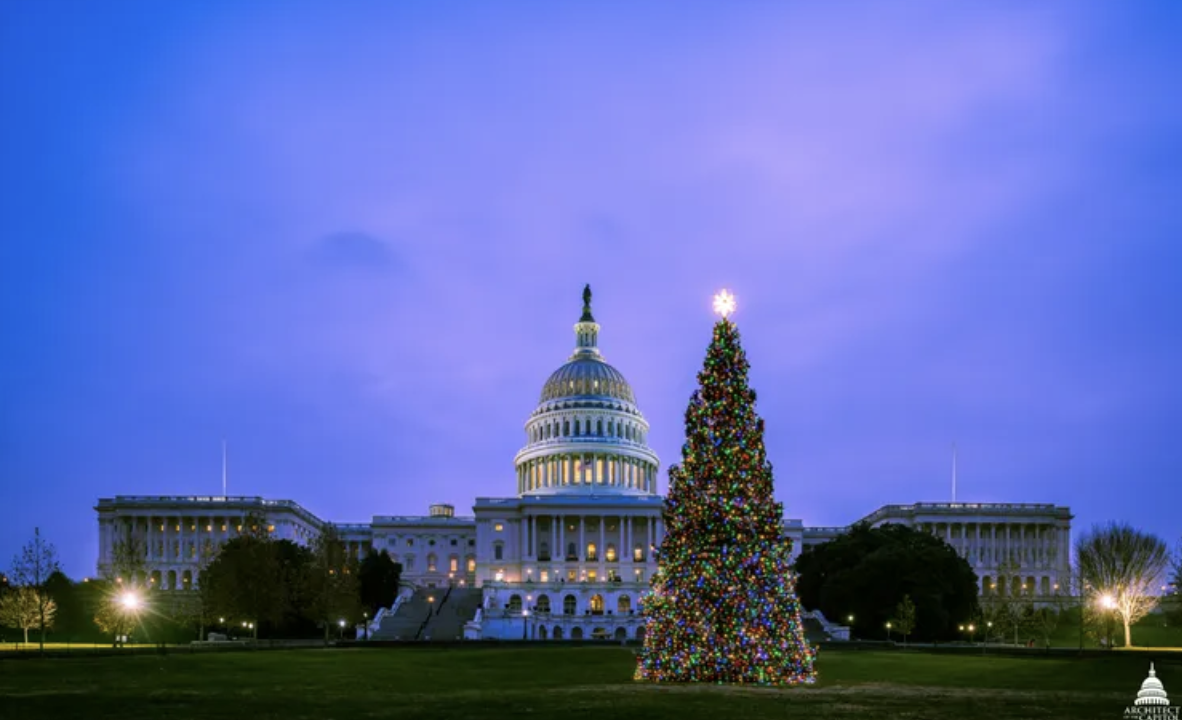House Agriculture Chair Glenn “GT” Thompson has tentatively scheduled a farm bill markup for the week of Feb. 23, according to three people familiar with the plans.
Read MoreA House Ag Committee member says there are some signs of progress on a new farm bill.
Read MoreHouse Republicans are planning to revive farm bill negotiations in January after failing to garner enough political will to pass a new deal by the end of the year, as they’d initially hoped.
Read MoreWith Congress passing another extension, some economists suggest a new reality may be setting in: the era of comprehensive Farm Bills could be ending, replaced by a piecemeal approach in Washington.
Read MoreThe U.S. Senate broke a 41-day long stalemate on Monday evening by passing a funding bill to end the longest partial government shutdown in history.
The Senate bill would fully fund USDA through the 2026 fiscal year. The bill also extends programs under the Agriculture Improvement Act of 2018 (commonly known as the 2018 farm bill) until at least Sept. 30, 2026. That would give the House and Senate Agriculture committees more time to try again to complete the rest of the farm bill.
Read MoreLouisiana farmers, along with their counterparts across the nation, are urging Congress to pass a new farm bill this year, expressing concerns that the current safety net is inadequate to address rising costs. The urgency was palpable at the American Farm Bureau Convention in San Antonio, where attendees packed a session on the upcoming farm bill.
Read MoreAt the outset of the 119th Congress, Congresswoman Julia Letlow has filed two pieces of legislation aimed at strengthening disaster assistance for livestock and crawfish producers and providing increased flexibility for farmers with soybean crops covered by federal crop insurance.
Read MoreLouisiana Republican Mike Johnson was reelected as Speaker of the U.S. House of Representatives in dramatic fashion on Friday as the 119th Congress got underway. Johnson eventually secured the necessary 218 Republican votes after a couple representatives changed their position before the final tally.
Read MoreAs you may have heard, Congress was finally successful late into Friday night in passing a Continuing Resolution that included many priorities we worked very hard to achieve. The House passed the measure 366-34-1 with all Louisiana members voting in favor. The Senate passed the resolution 85-11, Cassidy supporting and Kennedy opposing.
Read MoreHouse Republicans tried and failed Thursday evening to fast-track a measure to keep the government funded through a maneuver that required a two-thirds majority, pushing the government closer to a shutdown.
The new deal would extend government funding for three months, suspend the debt limit until January 2027 and provide $110 billion in disaster aid. It also includes health care policy extenders, funding for rebuilding Baltimore's Francis Scott Key Bridge and a renewal of the farm bill for one year.
Read MoreLouisiana Agriculture Commissioner Mike Strain discussing the importance of self-reliance and the Farm Bill. Strain emphasizes the need for countries to achieve self-reliance to buy American products, highlighting the strength of the U.S. dollar. He notes that while countries need to be self-reliant, the U.S. must help them achieve this to maintain trade relationships.
Strain outlines the U.S. strategy to diversify trade by engaging with smaller, less-traveled countries, moving away from reliance on major partners like China.
Read MoreAmerican Farm Bureau Federation President Zippy Duvall delivered a letter to Congress urging elected leaders to stand with farmers as they reconsider the contents of a Continuing Resolution (CR) to fund the federal government and potentially offer a lifeline to farmers and ranchers. Below are excerpts from the letter.
“Any alternative Continuing Resolution (CR) must include: a farm bill extension, aid to rebuild after natural disasters, economic assistance to bridge the gap until we can get to a new farm bill, and year-round E-15 sales.”
Read MoreCongress appears to have failed to reach a consensus Wednesday on a Continuing Resolution.
We're grateful to you, our grassroots members, for taking the time let your representatives in Washington, D.C. know Louisiana agriculture cannot be ignored.
Read MoreAmerican Farm Bureau President Zippy Duvall today is asking Congress to pass the continuing resolution bill that includes support for farmers.
“I know I speak for farmers across the country when I say thank you to Speaker Johnson, Leaders Jeffries, Schumer and McConnell, and many other members of Congress for recognizing the incredibly difficult agricultural economy by including in the year-end legislation: much-needed economic assistance for farmers; emergency aid for communities devastated by natural disasters; a farm bill extension; and for making E-15 available at fuel pumps all year long.
Read MoreThe Agricultural Retailers Association (ARA) President & CEO Daren Coppock released the following statement with concerns that Congress may neglect critical payments needed by growers as legislators work on the year-end continuing resolution this week.
Read More













